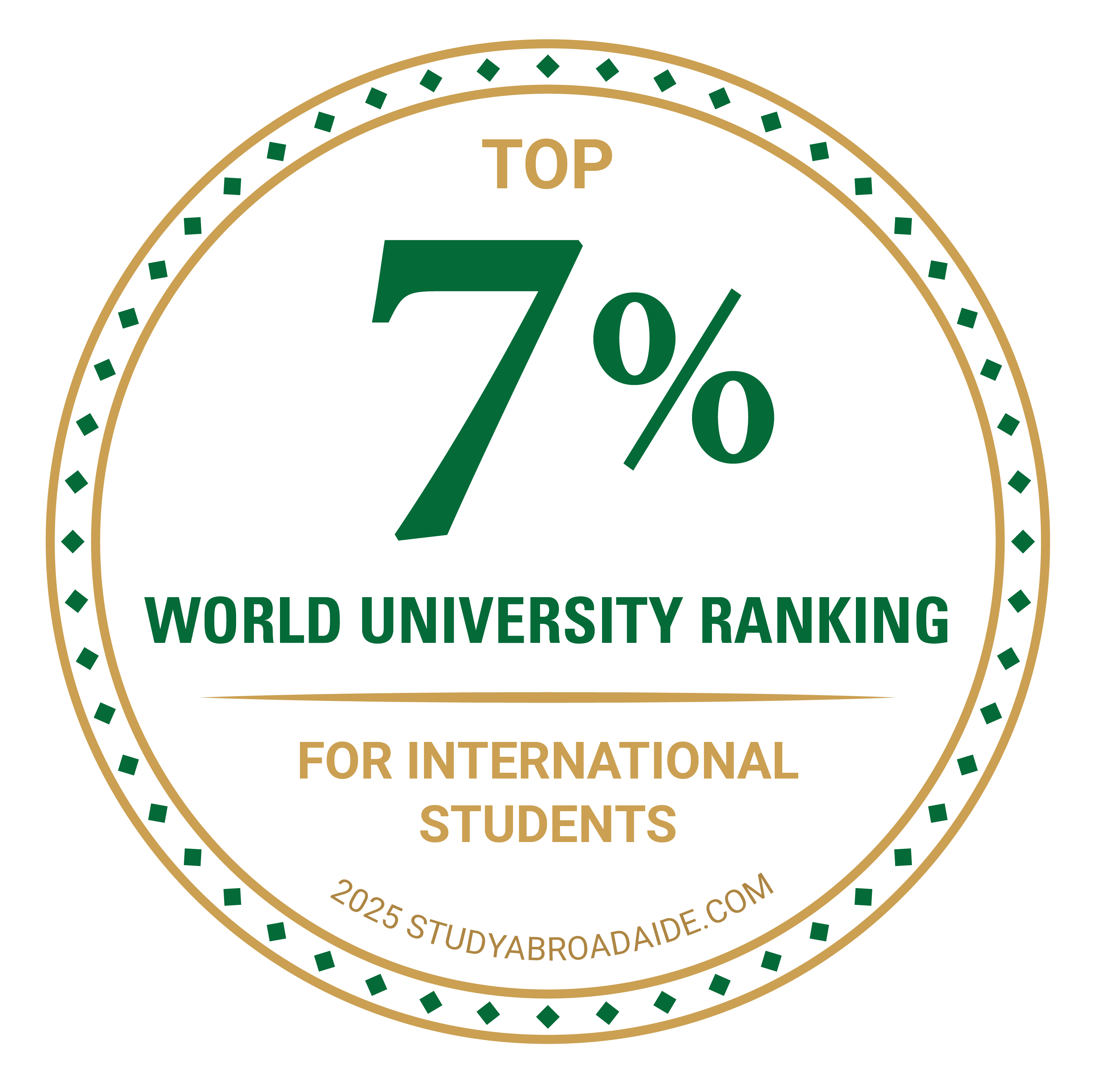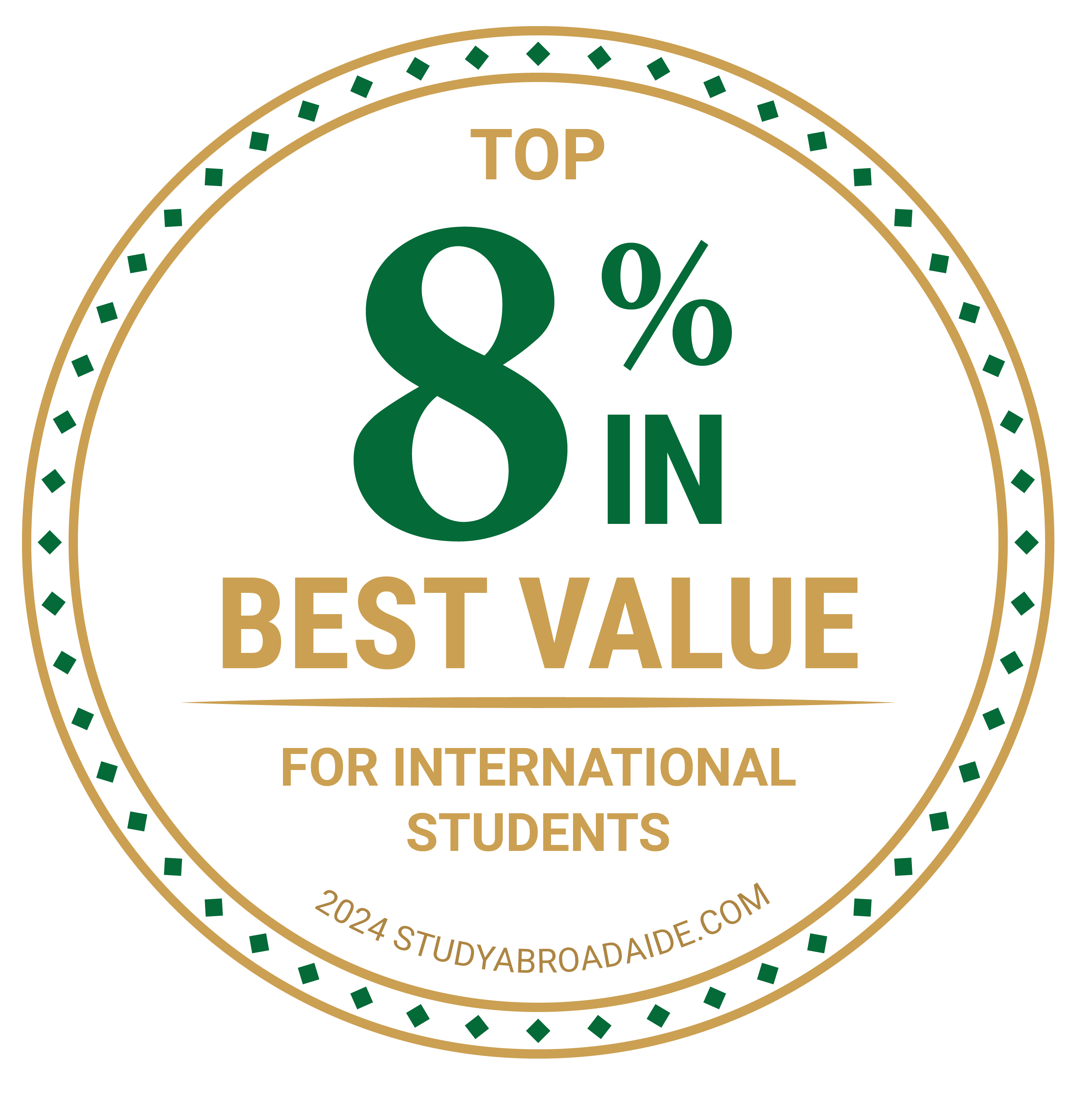Global Virtual Learning: Wright State Collaborative On-line International Learning (COIL)
What is COIL?
The COVID-19 Pandemic has allowed the field of international education to advance efforts to make international education more accessible, inclusive, and equitable for all students. Offering more virtual study abroad, internships, and exchange programs are giving us tools that will encourage students to move beyond their national identity, in an environmentally friendly and sustainable way. One growing opportunity for international virtual exchange that will enhance student learning through an inclusive model at Wright State is the Collaborative Online International Learning (COIL). COIL has the ability to link two or more classrooms, their teachers and their students in a shared intercultural environment:
"COIL is an innovative method of teaching and learning developed and promoted by the SUNY COIL Center which leverages online technologies to deliver global learning and intercultural experiences in the classroom. It is an innovative pedagogy involving collaborative teaching and learning in two or more countries facilitated by online communication. Faculty from U.S. institutions collaborate with counterparts at institutions abroad to develop a joint syllabus, and students in the two countries then work together to complete assignments that meet shared learning objectives. A COIL experience is a lesson in academic content, as well as intercultural communication and collaboration, for students and faculty alike (SUNY COIL Center)." At the recent Association of International Education Administrators (AIEA) Conference, COIL was highlighted as part of the industry's new international exchange broadened lens of International Intercultural Experiences.
Why should faculty and students engage in COIL?
Very few undergraduate students have the chance to study abroad nationally. According to the latest Institute for International Education Open Doors Report (2018-2019), only 11% of undergraduate students pursuing a degree participate in study abroad. The diversity of the undergraduate students is increasingly diverse, with 31% percent of the U.S. students in 2018/19 identifying as racial or ethnic minorities. While this is an improvement from the 15% representation 20 years ago, it remains below minority participation in U.S. higher education today (45%). According to Mobility International, students with disabilities participate at the same rate as other undergraduate students; however, that percentage declines when adjusting for students with physical disabilities. Wright State's recognition by the US State Department for the greatest growth in overseas study by students with disabilities gives us the encouragement to not only continue, but to strive for more for our students.
- 4-6% of the students studying abroad self-declare that they are working with the Office of Disability Services prior to study abroad.
- The students who have participated in study abroad tend to go to Europe (55.7%) and engage in short-term programs (64.9%).
Expanding our offerings through COIL will help us reach more non-traditional students, increase study locations with our institutional partners in Africa, Asia, and Latin America, and to expand international education in more diverse academic areas such as science, technology, engineering and math (STEM).
At Wright State, our participation follows national trends; however, our students have further hurdles to participate in study abroad. We pride ourselves on our accessibility for on-traditional students, a population that tends to be older, have young children, and/or employed. Most recent data shows that:
- 69% of our undergraduate students have filed for FAFSA,
- 51% are using federal financial aid,
- 27% have declared themselves as first generation college students.
Most of the students who participate in study abroad are using existing financial aid, taking out loans, or acquiring scholarships to so. For the majority of Wright State students, however, study abroad will not be feasible during their undergraduate studies.
As Wright State strives to increase our recruitment and retention efforts, international education is a proven tool for student success. Research repeatedly shows us that Generation Z members are not like their older counterparts; they tend to:
- Identify as global citizens.
- Need worldly experiences to succeed in today's workplace
- Ethnically more diverse
- Digital natives.
Participation in study abroad and experiential programs have proven to be instrumental in the retention of undergraduate students (NAFSA-Association of International Educators). In an effort to endeavor towards Inclusive Excellence, the University Center for International Education (UCIE) will investment in COIL virtual exchange for all but specially to reach those students who are often marginalized from these life changing experiences. Throughout the enhancement of our international programming, UCIE will be following recommendations found in the book, Inequities in Study Abroad and Student Mobility (Brista and Kommers, 2020). International education is no longer a "luxury item" and programs such as COIL will democratize international education and the preparation of our region's workforce.
The world is projected to be 96% connected through mobile technology by 2025 and jobs will cross borders because of remote work (World Economic Forum). The two groups of people most vulnerable to the new challenging employment situation are young people just entering the job market and jobs susceptible to be replaced by automation and Artificial Intelligence. As we continue to live through a global pandemic, international education continues to be more important than ever and cannot be an "add on" in higher education anymore.
Learn more about the Wright State COIL Program
The Wright State COIL program will enhance the current offerings of exchange, study abroad and internationalize academic content.
UCIE has researched, attended workshops, and met with several critical resources as we look to set up our COIL program at Wright State. Our plan for implementation includes training and workshops over the summer followed by a minimum of 2 COIL programs by Fall 2022. It is important to note that although UCIE has existing international partners, membership in a COIL network will provide us with the infrastructure and extensive networks that we would otherwise not be purview to. UCIE has joined COIL Connect and the SUNY COIL Global Network as an important resources for expansion of our Global Virtual Learning: Wright State Collaborative On-line International Learning. UCIE has also introduced new International Seed Grants to help faculty members in the development of global virtual exchange at Wright State.
To get involved or for more information please contact:
Michelle Streeter-Ferrari
Director, University Center for International Education
Administrator of the Global Virtual Learning Program
michelle.streeter@wright.edu
Joy Wanderi
Associate Director, University Center for International Education
Coordinator of the Global Virtual Learning Program
joy.wanderi@wright.edu



